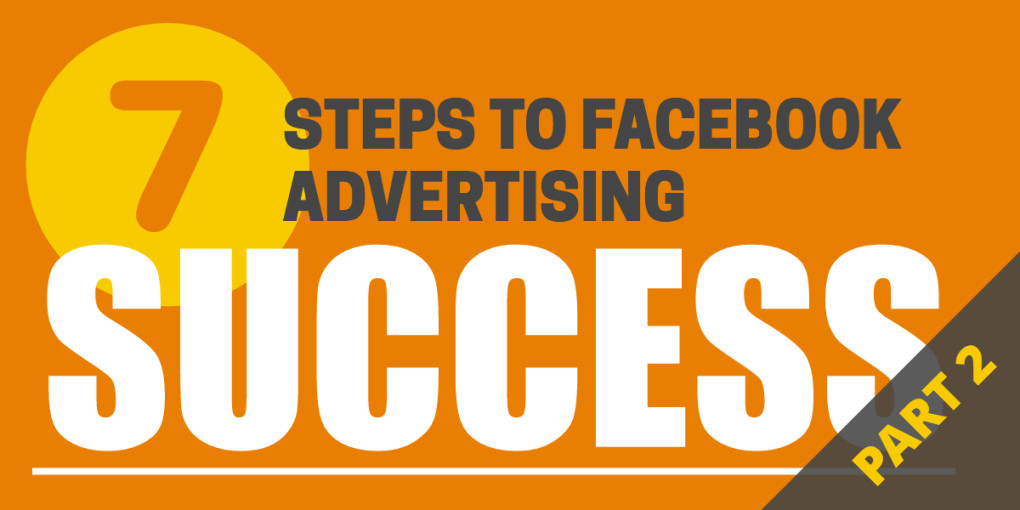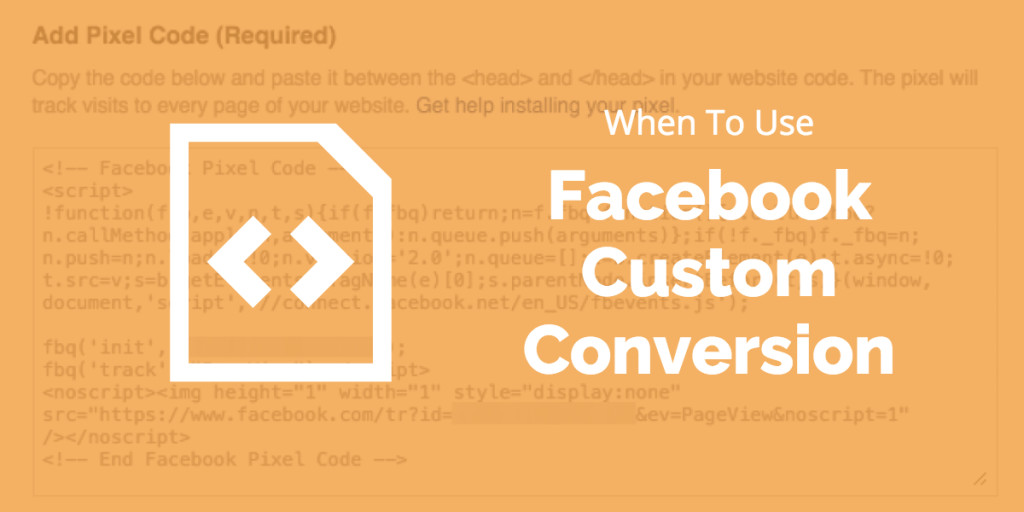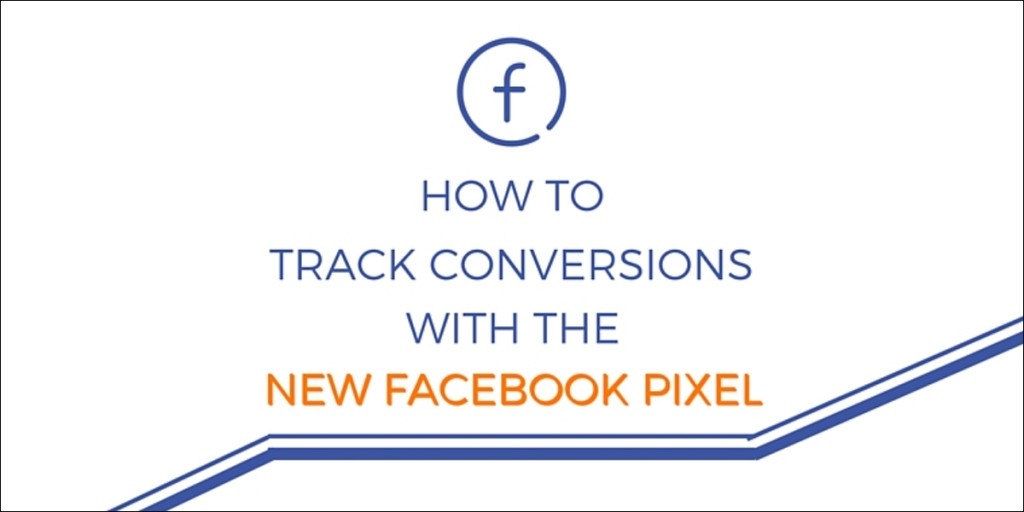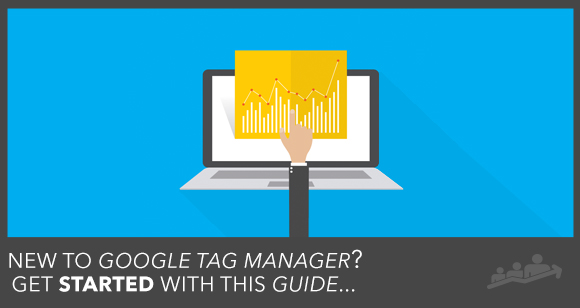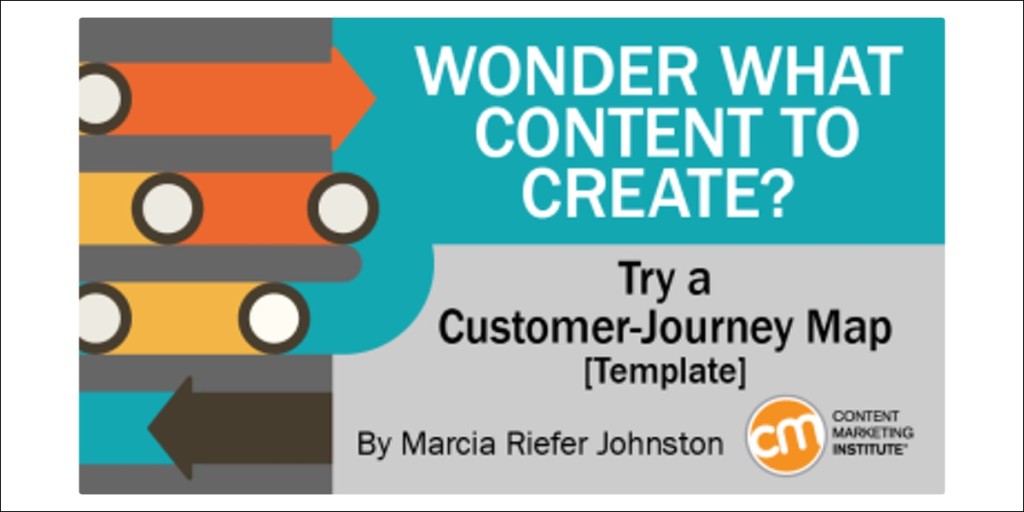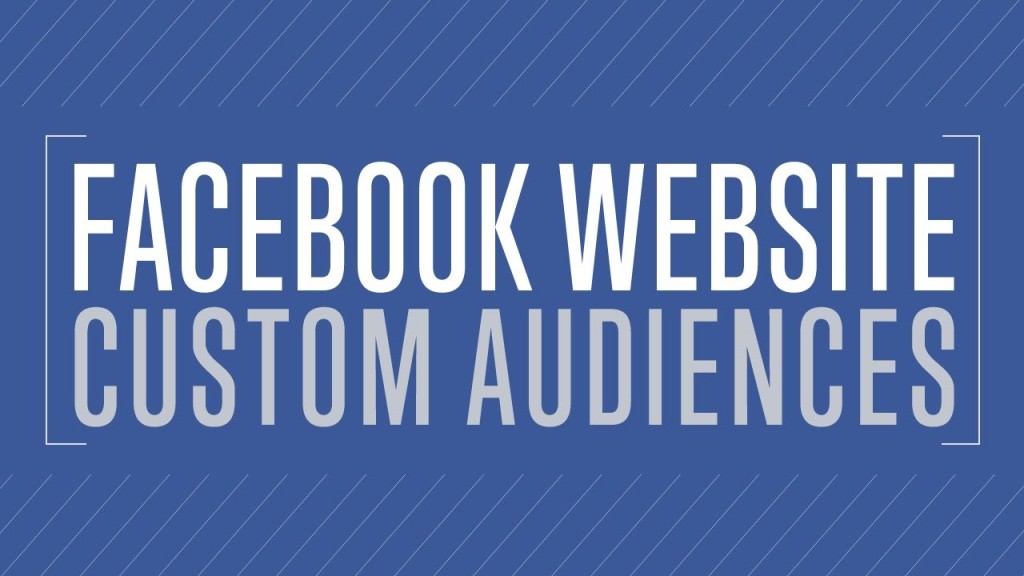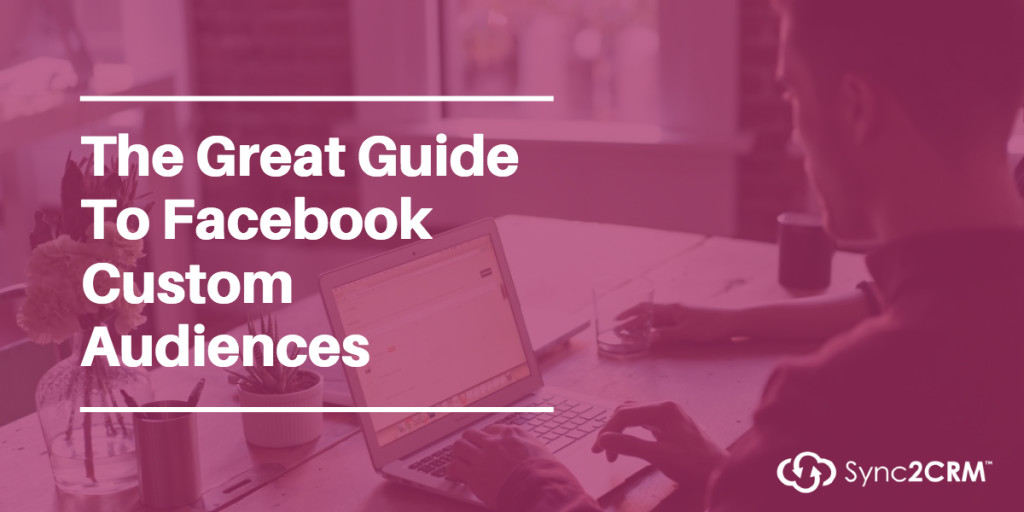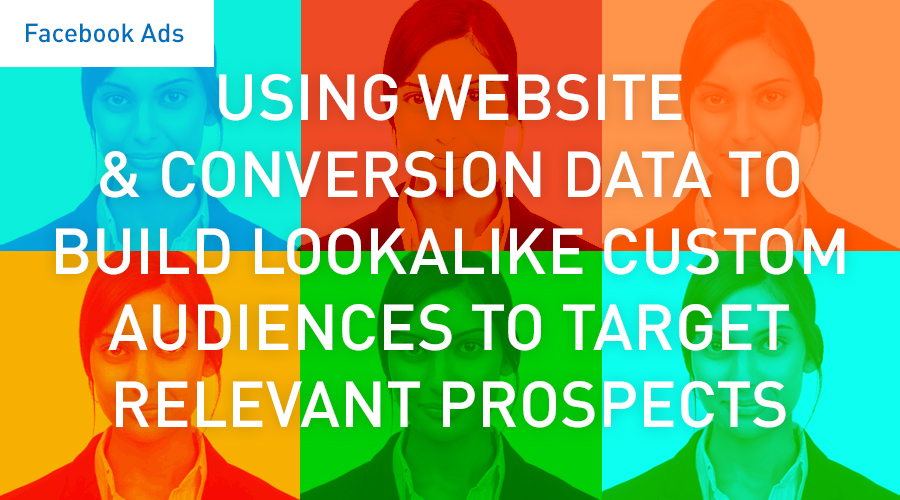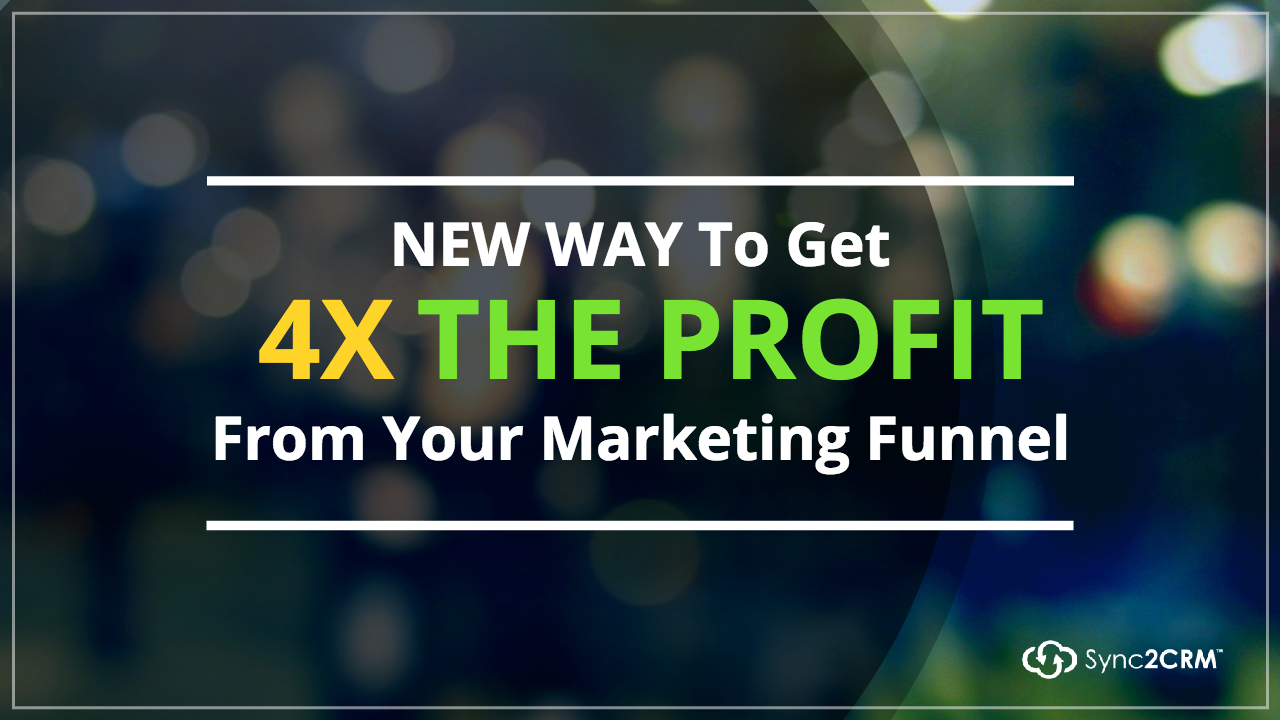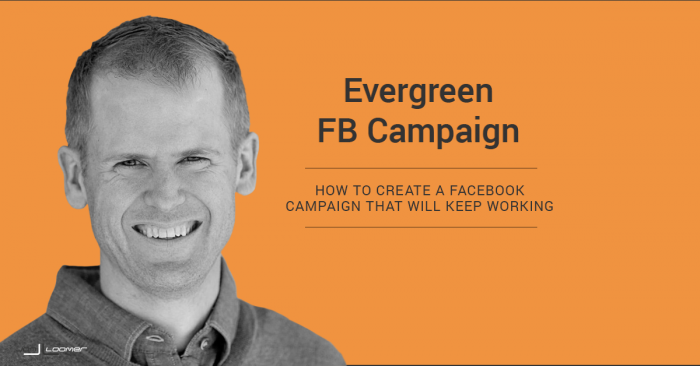7 Step System For Facebook Advertising Success (Part 2)
Who doesn’t want a more profitable business?
Maybe you are like me. You spend a bunch of time trying to learn all there is about high performance funnel marketing.
You follow all the Facebook advertising gurus … Jon Loomer, Amy Porterfield, Ryan Deiss, Keith Kranc, Molly Pittman, and Mari Smith.
You take all the Facebook advertising courses … join all the digital marketing membership groups.
But it is all really overwhelming.
7 Step System For Facebook Advertising
What I do best are systems. A system is a set of steps, that when repeated over and over again, yield the same result.
So it is no surprise I have synthesized all of the core ideas … the best of all of them … the technical and theoretical … into a 7 step system that you and I can both use to:
- Drive QUALITY LEADS into your funnel
- Lower AD COSTS
- Increase CONVERSIONS
- Increase PROFITABILITY
- Reduce LIST BURNOUT, and
- Automate it so once you have it built, IT JUST RUNS!
Would You Like A Roadmap To More Profitable Sales Funnels?
You know how, if you are following someone in your car, to someplace you don’t know, it is helpful if they tell you the general route in advance? Or maybe that is just for control freaks, like me.
But, in case you are like me, here are the seven steps. Then I will break them down individually, one by one … including definitions, how-to’s and helpful resources.
Step 1 – Pixel EVERYTHING that moves!
Step 2 – Define your CUSTOMER JOURNEY
Step 3 – Create Facebook CUSTOM AUDIENCES
Step 4 –
- Create INTEGRATED FUNNEL CAMPAIGNS in Facebook and your CRM
Step 5 –
- Use Facebook Ads To PLUG LEAKS In Your Funnel
Step 6 –
- MEASURE the results and ITERATE
Step 7 –
- SCALE the campaigns
(NOTE: To make this material more digestible, because it is a lot of information, I am going to cover pixeling and the customer journey. Then, in subsequent posts, I will get to the other five steps. But don’t worry. You won’t have to wait long if there is something in the other steps you are dying for.)
Part One – Pixels and Customer Journey – Published March 3, 2016
Part Two – Custom Audiences and Integrated Campaigns – Published March 14, 2016
Part Three – Measuring Campaign Results – Scheduled April 30, 2016
Part Four – Scaling Your Campaign – Scheduled May 31, 2016
Step 1 – Pixel EVERYTHING!
A pixel is a snippet of code you put on all the pages where a contact, prospect or customer might visit that tells Facebook they were there. It is the same idea as Google Analytics Tracking Code. Facebook just calls theirs a pixel.
In 2015, Facebook introduced a new, “unified” pixel, sometimes called a master pixel, to replace the old system of having one pixel for tracking visitors and individually generated pixels to track specific conversion events.
You should be putting Facebook pixels on the following: all web pages, hosted landing pages, and order forms.
Here is everything you need to know about pixeling …
⇒ Why You Should Be Pixeling
Pixeling Is Now The Second “List”
(via Blog Marketing Academy)
⇒ Facebook’s New Pixel
An Overview of The New Facebook Pixel
(via Jon Loomer)
How To Install The New Pixel On Your Site
(via Social Media Examiner)
⇒ Tracking One-Off Events Using Standard Facebook Events
How To Set Up New Facebook Pixel On Your Website To Track Conversion Events
(via FunnelBoom)
How To Transition From The Old Pixel To The New Facebook Master Pixel (Video)
(via Sam Bell – PPC Boutique)
⇒ Tracking Conversions Using Custom Conversion Code
How and When To Use Facebook Custom Conversions
(via Jon Loomer)
Step-By-Step Setup Guide For Custom Conversions
(via Search Engine Journal)
⇒ Managing Pixels With Google Tag Manager (GTM)
How To Implement Facebook’s New Pixel On Your Site Using Google Tag Manager
(via FunnelBoom)
Beginner’s Guide To Google Tag Manager
(via Digital Marketer)
⇒ Tools To Make The Job Easier
Yoast SEO Plug-in – if your site is WordPress or Drupal, you can enter pixels in the settings and Yoast will take care of putting them on every page. It also gives you a place to put specific code snippets on individual pages to track conversion events, without having to go in the backend code.
Google Tag Manager (GTM) – If you want to manage all of your pixels – everywhere – not just on your site, Google Tag Manager is a great choice. You put the code snippets in Tag Manager and the Google Tag Manager code on all of your various sites and pages. That way you can manage all of your various code snippets, not just Facebook or Google, in a single place.
(NOTE: Google refers to all the various pieces of code that have to go on your site, in the aggregate, as “tags”. These are different than the tags we think of to segment information, like tagging blog posts or tagging contacts in a CRM. Same word … different usage.)
Facebook Pixel Helper Chrome Extension – this extension puts a small icon in the browser bar that lights up when a Facebook pixel is installed on a page and tells you how many. Very good for making sure your pixels are working properly. (See our related post on Facebook Pixel Helper 101)
Step 2 – Define your CUSTOMER JOURNEY
⇒ What Is The Customer Journey (In This Context)?
How and Why To Create A Customer Journey Map – Don’t skip this step. This is the skeleton we will use to build our campaigns in Step 3.
(via Content Marketing Institute)
⇒ Tools To Make The Job Easier
Digital Marketer Lab – If you are a Digital Marketer Lab Member, there is an outstanding What’s Working Now with Richard Lindner, President of Digital Marketer, which discusses how to reverse engineer the journey from ice cold prospect to a customer with high Lifetime Value. If you are not a DM Lab member, it is highly recommended. Pays for itself month after month.
Step 3 – Create Facebook CUSTOM AUDIENCES
⇒ Overview of Custom Audiences
Advanced Targeting Strategies For Performance Marketers –
(via Facebook)
⇒ Website Custom Audiences
The 5 W’s of Facebook’s Website Custom Audience Pixel –
(via SnapRetail)
⇒ CRM Custom Audiences
The Great Guide To Facebook Custom Audiences
- – This is the most comprehensive guide to Custom Audiences written so far. See the section on Dynamic Custom Audiences
(via Sync2CRM)
⇒ Create Lookalike Audiences From Conversions
Using Website & Conversion Data to Build Lookalike Custom Audiences to Target Relevant Prospects
- –
(via Marin Software)
⇒ Creative Ways To Use Facebook Custom Audiences
The Great Guide To Facebook Custom Audiences – This is the most comprehensive guide to Custom Audiences written so far. See the section on Advanced Ways To Use Facebook Custom Audiences
(via Sync2CRM)
⇒ Tools To Make The Job Easier
Sync2CRM – Sync2CRM automatically syncs your CRM lists and tags with Facebook Custom Audiences so you can: 1) Lower your ad costs and improve conversion rates by showing highly relevant ads to a laser targeted list using CRM data; 2) Put your Facebook ad campaigns on auto-pilot; and 3) Create integrated email and Facebook campaigns that work together to improve the performance of both! Sign up for 30 Day Free Trial
Step 4 – Create INTEGRATED FUNNEL CAMPAIGNS in Facebook and your CRM
⇒ Turn Customer Journey Into An Automated Funnel
3 Secrets To A More Profitable Sales Funnel: Regardless What You Sell Or Who You Sell It To
(via Sync2CRM)
⇒ Use Advertising and Marketing Automation Together To Make Campaigns Evergreen
How to Create an Evergreen Facebook Ad Campaign
(via Jon Loomer)
⇒ Tools To Make The Job Easier
Facebook Custom Audiences – Custom Audiences let you reach customers you already know with ads on Facebook by creating lists of Facebook users who visit your website or by syncing segmented data from your CRM to Facebook. You then include and exclude the various lists in your ads to create very specific ads to a warm audience who already know you. (See above for more)
Sync2CRM – Sync2CRM automatically syncs your CRM lists and tags with Facebook Custom Audiences so you can: 1) Lower your ad costs and improve conversion rates by showing highly relevant ads to a laser targeted list using CRM data; 2) Put your Facebook ad campaigns on auto-pilot; and 3) Create integrated email and Facebook campaigns that work together to improve the performance of both! Sign up for 30 Day Free Trial
What Is Next?
Speaking of Step 5, that is coming up in the next installment of this blog post. In the meantime …
Let us know what you think in the comments. Do you have a systemized approach to Facebook Advertising? What’s working? What do you want to improve?

